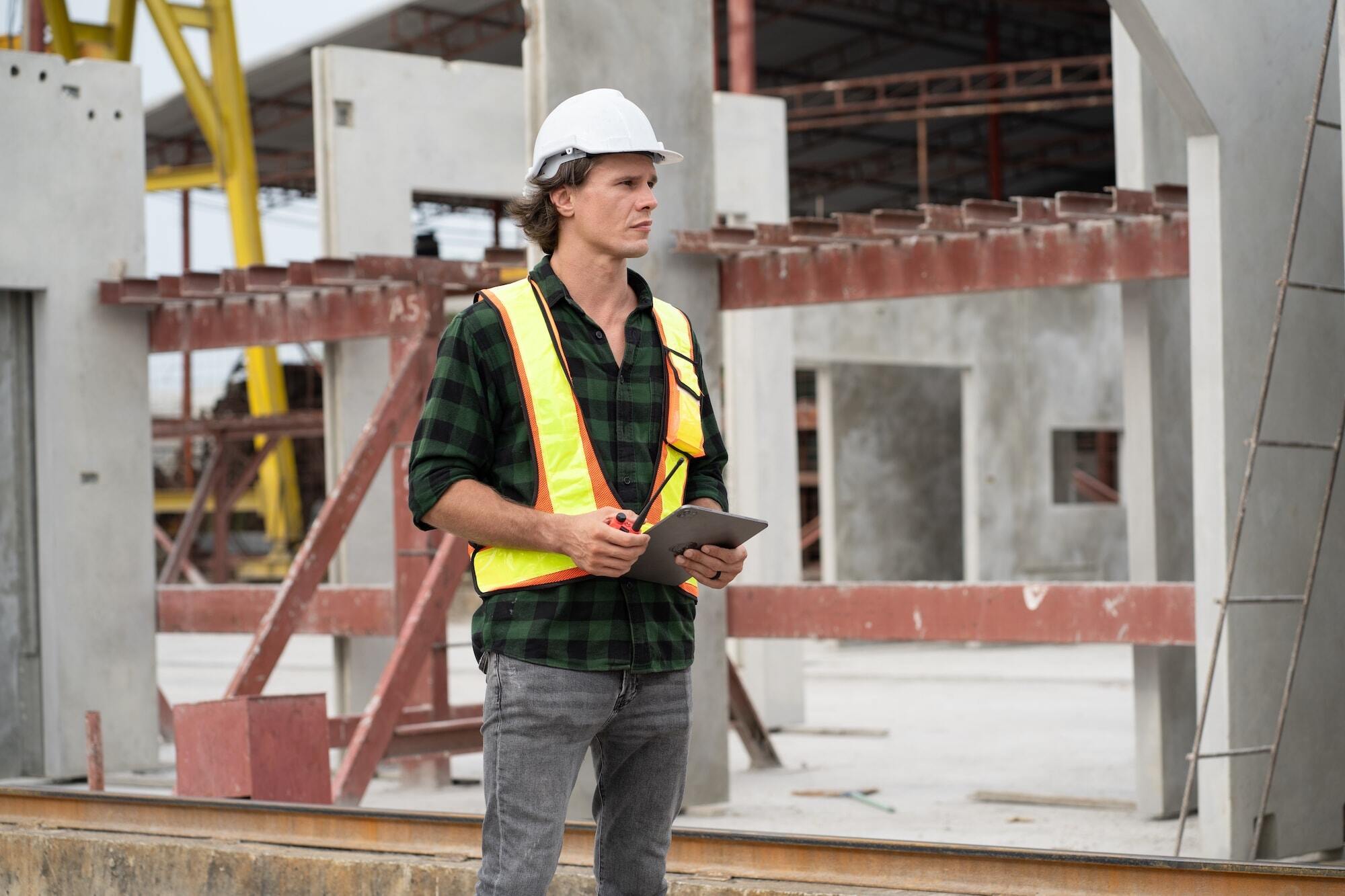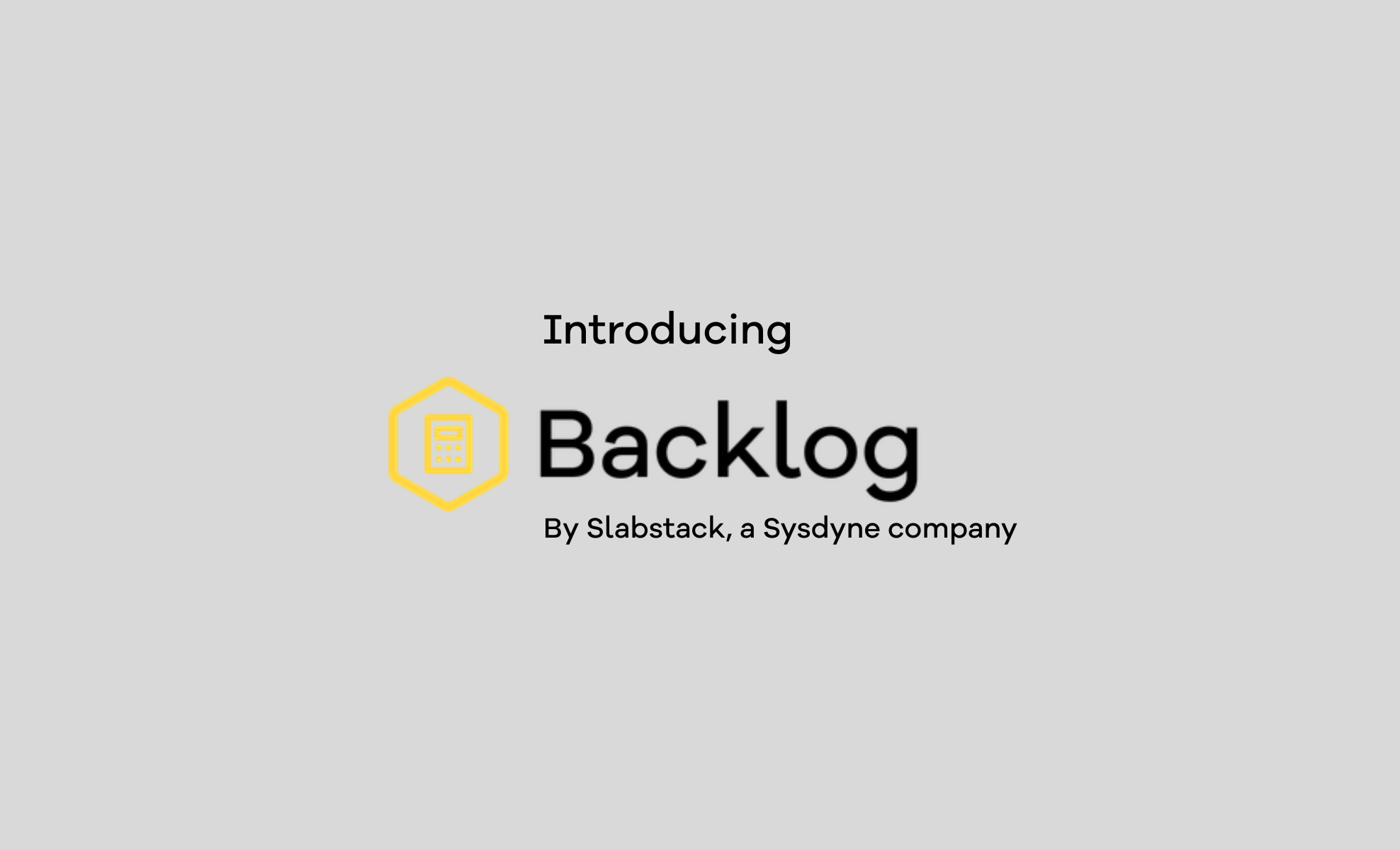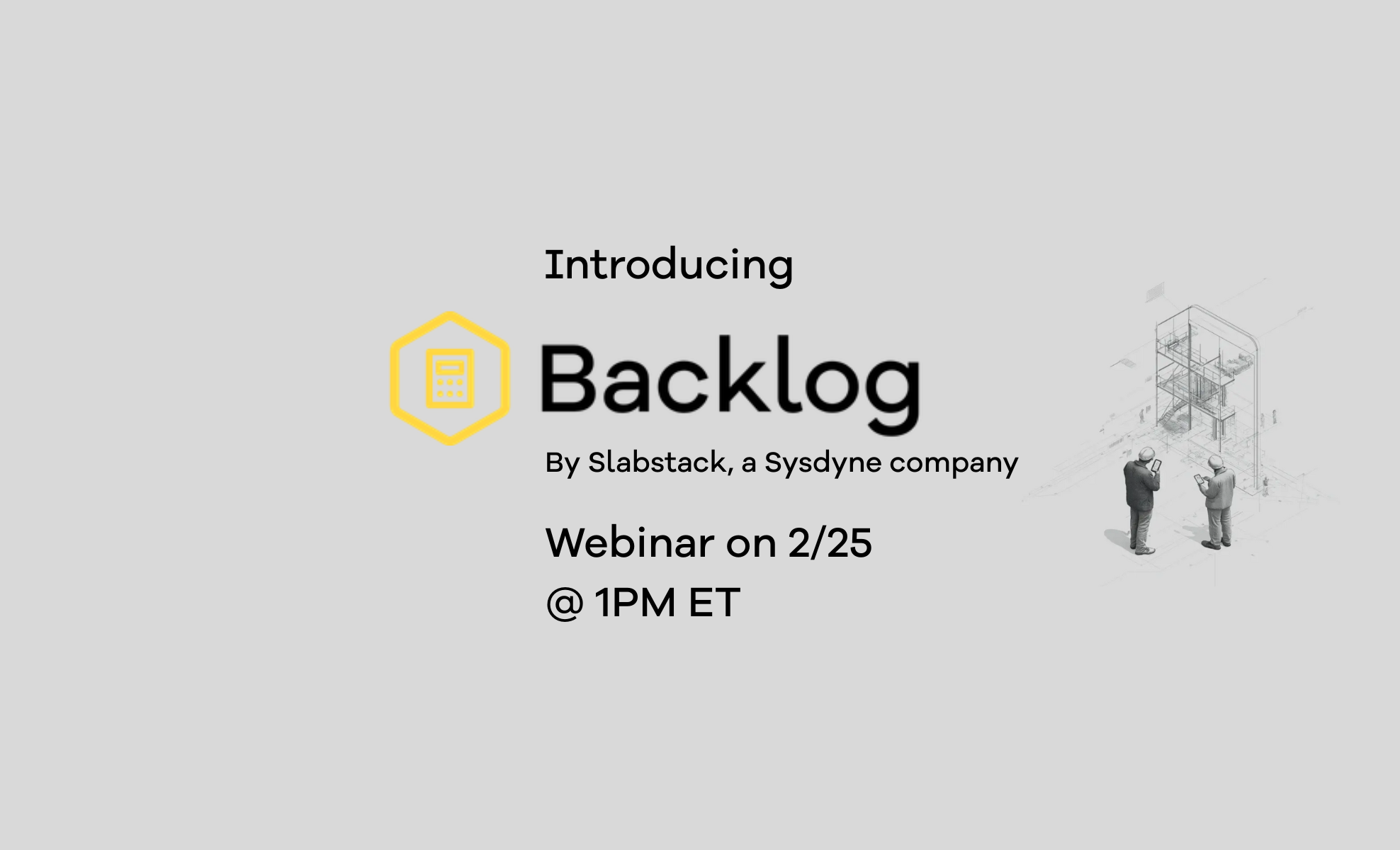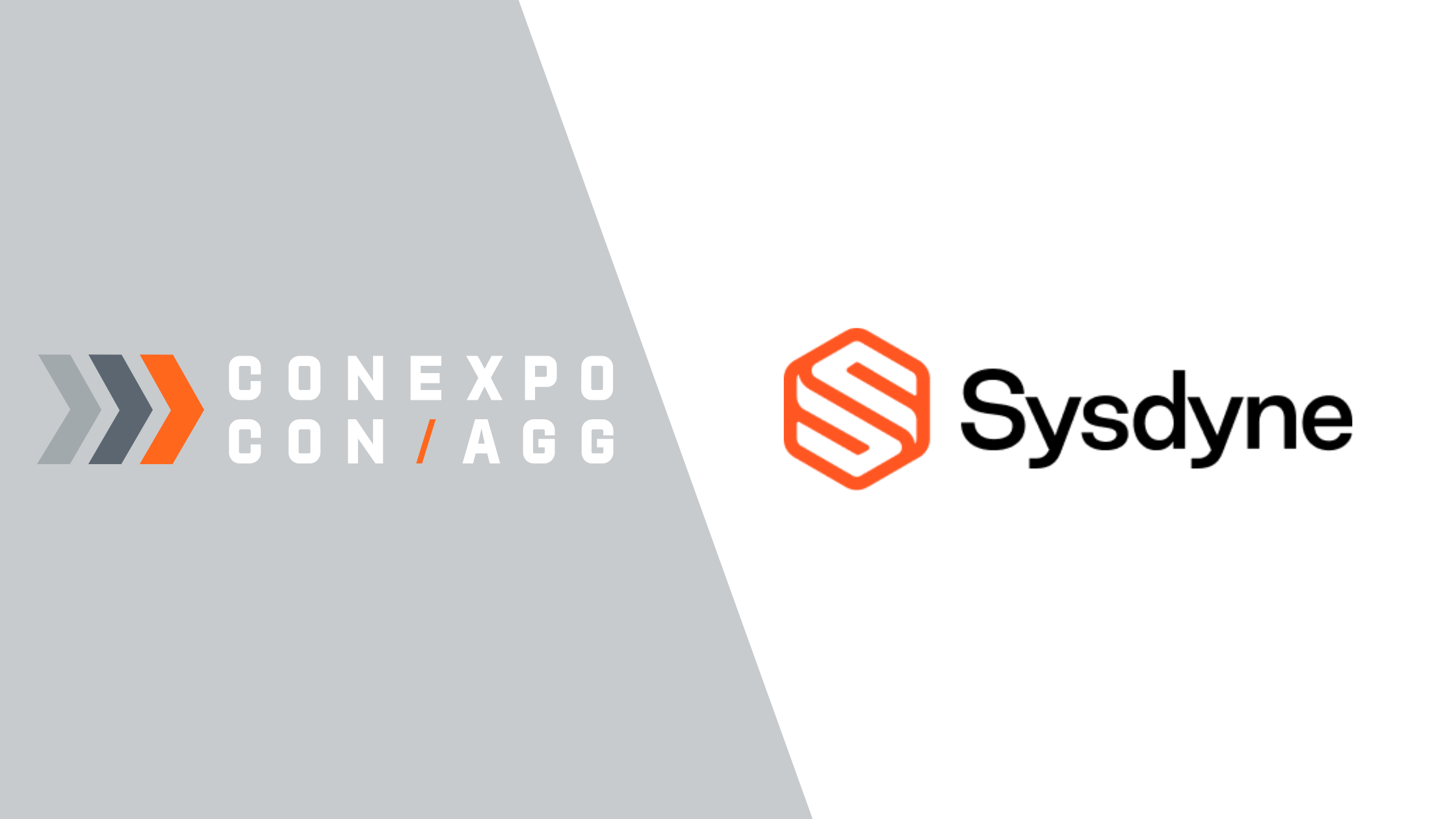
Top Challenges and Opportunities in Concrete Industry Management
Like any industry, the world of concrete is faced with challenges that shift, evolve, and become more complex over time. Concrete industry management involves proactively addressing potential obstacles and having a plan in place to tackle them if and when they arise. On the flip side, unplanned challenges can also present new opportunities for innovation, collaboration, and leadership in creating a more sustainable future for construction and other essential projects.
Understanding the Core Challenges in Concrete Industry Management
One of the most common and pronounced challenges facing the ready-mix industry today involves staffing and personnel hurdles. Labor shortages are a major issue, particularly as experienced workers retire and fewer young people enter the field. This skills gap can lead to delays, reduced efficiency, and increased costs.
Similarly, supply chain disruptions—whether due to global events, transportation issues, or fluctuating demand—can cause significant setbacks. Rising material costs further strain budgets and complicate planning efforts.
According to industry reports, nearly 60 percent of concrete companies have experienced significant supply chain management issues in recent years, with some companies facing delays of up to 30 percent longer than usual. Addressing these material supply and labor challenges is crucial for maintaining smooth operations and ensuring long-term success.
Addressing Labor Shortages with Smart Technology
Labor shortages in the concrete industry lead to inefficiencies and increased operational costs. However, technology can provide powerful solutions to mitigate these effects. Smart technologies, such as automation and advanced software, can help fill the gap left by a shrinking workforce.
For example, automated batching systems reduce the need for manual labor, while real-time tracking software optimizes delivery routes and schedules. Companies that have adopted these technologies report a 20 to 30 percent increase in efficiency across the concrete industry management spectrum. These technologies enhance productivity and can attract younger, tech-savvy workers to the industry.
Mitigating Supply Chain Disruptions through Advanced Management Tools
Labor shortages and supply chain challenges are linked as they both relate to a decline in essential resources. Supply chain disruptions are often caused by unforeseen global events and larger economic issues. To combat these disruptions, advanced management tools and cutting-edge technology can provide much-needed stability.
These tools offer real-time tracking, better forecasting, and improved supplier collaboration, allowing managers to anticipate potential issues before they arise. Software solutions like iStrada provide visibility across the entire supply chain, helping companies to adapt quickly to changing circumstances and maintain continuity.
Leveraging Opportunities for Growth in the Concrete Industry
Despite the challenges, there are numerous opportunities for growth in the concrete industry. By effectively managing the obstacles, companies can position themselves to capitalize on emerging trends and innovations.
From sustainable practices to digital transformation, these opportunities not only enhance operational efficiency but also offer a competitive edge in an increasingly complex market. Embracing change and viewing challenges as opportunities can lead to significant growth and innovation.
Enacting Sustainable Practices for Long-Term Success
Sustainability in the concrete industry is not just about adopting new materials and technologies but also about education and changing mindsets. Educating stakeholders—from suppliers and customers to regulators and employees—about the benefits and importance of sustainable practices is crucial.
Concrete production is a significant source of carbon dioxide emissions, primarily due to the energy-intensive process of cement manufacturing, which is a key ingredient in concrete. The challenge lies in finding ways to reduce these emissions while maintaining the quality and strength of the concrete.
While there is increasing interest in low-carbon materials, like recycled aggregates and supplementary cementitious materials, integrating these alternatives into mainstream production is still a challenge. The industry must address concerns about performance consistency, long-term durability, and the need for new standards and testing methodologies to ensure these materials meet all regulatory and safety requirements.
Companies that have integrated sustainable practices report savings of up to 15% on raw materials and a 20% improvement in energy efficiency. These practices enhance a company's reputation and appeal to environmentally conscious consumers, providing a long-term competitive advantage.
Concrete Technology and Sustainability
One small but mighty way that concrete producers are supporting sustainability efforts is by switching away from old, outdated paper systems. By embracing emerging technology, companies are moving traditionally paper-based workflows to the cloud. This means everything from employee hour logs to ticketing, even payments can now be conducted online.
Instead of having to spend time on manual filing and management of documents, employees can focus on doing more work in the field and doing more tangible work to serve the mission of their company – the reasons why they joined in the first place. This helps boost morale and, ultimately, retains more employees, which helps address labor shortage challenges.
Sysdyne customer Loveland Ready Mix Concrete embraced technology, including the iStrada paperless e-ticketing system, as part of its sustainability initiatives and to improve productivity and collaboration among their entire team. The company's plant manager Corey L. Sheldon, who knows a thing or two about concrete industry management, said they were able to move away from cumbersome equipment by embracing innovative technology designed for the ready-mix sector.
"We, and our customers, no longer have to spend time sorting and tracking down paper batch tickets," Sheldon said. "Our drivers get to the job quicker and more efficiently because of the GPS mapping, and our dispatch can make more educated decisions on loading and truck selection because of the truck tracking features."
Embracing Digital Transformation for Concrete Industry Problem-Solving
Digital transformation is reshaping companies big and small across the entire concrete industry, offering opportunities for greater efficiency and innovation. By leveraging advancements in technology, ready-mix producers can reduce costs, plan ahead, and make the job a bit easier for their people. Here’s how digital tools are making a significant impact:
1. Improving Concrete Operations
Digital Dispatch and Scheduling Systems:
Tools like ConcreteGO allow producers to manage orders, dispatch trucks, and optimize delivery schedules live. These systems help reduce downtime, improve truck utilization, and ensure timely deliveries by dynamically adjusting schedules based on current conditions such as traffic, weather, and job site readiness. This leads to more efficient fleet management and better customer service.
Fleet Management and GPS Tracking:
Real-time GPS tracking systems provide visibility into the location and status of each truck. This allows dispatchers to monitor routes, avoid delays, and make informed decisions on rerouting as needed. Such systems can reduce fuel consumption, improve delivery times, and enhance overall productivity in the concrete industry.
2. Enhancing Quality Control and Consistency
Automated Batching Systems:
Digital batching systems, like Sysdyne’s CloudBatch, automate the mixing process to ensure consistent quality and precise control over the concrete mix. These systems can adjust mix proportions based on real-time data, reducing human error and ensuring that each batch meets the required specifications. This improves the overall quality and reliability of the concrete produced.
Data Analytics and IoT:
Internet of Things (IoT) devices and sensors can monitor various parameters throughout the production and delivery process, such as temperature, moisture levels, and slump consistency. By analyzing this data, producers can detect anomalies early and take corrective actions, ensuring high-quality concrete every time. This proactive approach minimizes waste and reduces the likelihood of costly rework or rejected loads.
3. Optimizing Resource Management
Inventory Management Tools:
Digital tools help producers manage inventory more effectively by providing real-time updates on material stocks and usage rates. This ensures that raw materials like cement, aggregates, and admixtures are available when needed, reducing the risk of production delays due to shortages. Better inventory management also helps in optimizing purchasing and reducing excess stock, which can tie up capital.
Predictive Maintenance:
Digital tools can monitor the health and performance of equipment, using predictive analytics to forecast when maintenance will be needed. This proactive approach helps reduce unexpected breakdowns and downtime, extending the life of equipment and lowering maintenance costs.
4. Facilitating Communication and Collaboration
Integrated Communication Platforms:
Digital tools provide platforms for seamless communication between dispatchers, drivers, and customers. Features like automated status updates, electronic ticketing, and mobile apps keep all stakeholders informed and aligned, reducing misunderstandings and improving the coordination of deliveries.
Customer Portals:
Some digital tools offer customer-facing portals that provide a degree of transparency and convenience. Customers can track their orders in real-time, receive notifications about delivery status, and access relevant documents like delivery tickets and invoices. This improves customer satisfaction and builds trust.
5. Advancing Sustainability Efforts
Performance-Based Mix Design Software:
Tools that enable performance-based mix designs allow producers to optimize the concrete mix for specific project needs, minimizing material use and reducing the carbon footprint. By tailoring mixes to the performance requirements rather than relying on prescriptive standards, producers can achieve more sustainable outcomes.
Energy and Resource Optimization:
Digital tools help producers monitor energy consumption and resource use throughout the production process. By identifying inefficiencies and optimizing operations, these tools support sustainability goals and reduce operational costs.
6. Streamlining Compliance and Reporting
Automated Compliance Reporting:
Digital solutions can automatically generate compliance reports for regulatory bodies, reducing the administrative burden on producers. These tools ensure that all necessary data is captured accurately and that reports are submitted on time, helping producers stay compliant with industry standards and regulations.
Environmental Product Declarations (EPDs):
Digital tools that support the generation of EPDs help producers document the environmental impact of their products. This transparency is increasingly important as customers and regulators demand more sustainable building practices.
7. Enabling Data-Driven Decision Making
Business Intelligence (BI) Tools:
BI tools consolidate data from various aspects of the production process, providing ready-mix producers with valuable insights into their operations. By analyzing data on production volumes, delivery times, fuel usage, and more, producers can make informed decisions to optimize efficiency, reduce costs, and enhance profitability.
Machine Learning and AI:
Advanced analytics and AI can identify patterns and predict future trends, such as demand fluctuations or equipment failures. By leveraging these insights, producers can better plan their operations, allocate resources more effectively, and anticipate market changes.
Combat Challenges Head-On With the Right Tools and Processes
As the concrete industry continues to evolve, partnering with the right concrete technology and provider is essential for anyone in construction or construction management. Sysdyne Technologies offers innovative solutions tailored to meet the specific challenges and opportunities in the concrete industry.
With products like iStrada, Sysdyne provides comprehensive tools that streamline operations, enhance efficiency, and drive growth. From real-time delivery tracking to paperless ticketing, Sysdyne's solutions are designed to optimize every aspect of concrete production and delivery.
Why Choose Sysdyne for Your Concrete Industry Management Program
Sysdyne stands out as a leader in concrete industry management, offering advanced technology and unparalleled customer support. Our solutions are fully integrated, cloud-native, and designed to simplify daily operations while reducing costs.
From dispatch and batch management to delivery tracking, Sysdyne’s products provide a seamless experience that enhances productivity and customer satisfaction. Our commitment to innovation and customer success makes us the ideal partner for any concrete company looking to optimize its operations and stay competitive in a challenging market.
Get Started with Sysdyne Today
Experience the benefits of Sysdyne’s solutions for yourself by requesting a demo today. See firsthand how our technology can address your concrete management challenges and help you achieve operational excellence.
Request a demo to get started. With Sysdyne, you can streamline your marketing operations, reduce costs, and unlock new opportunities for growth.


